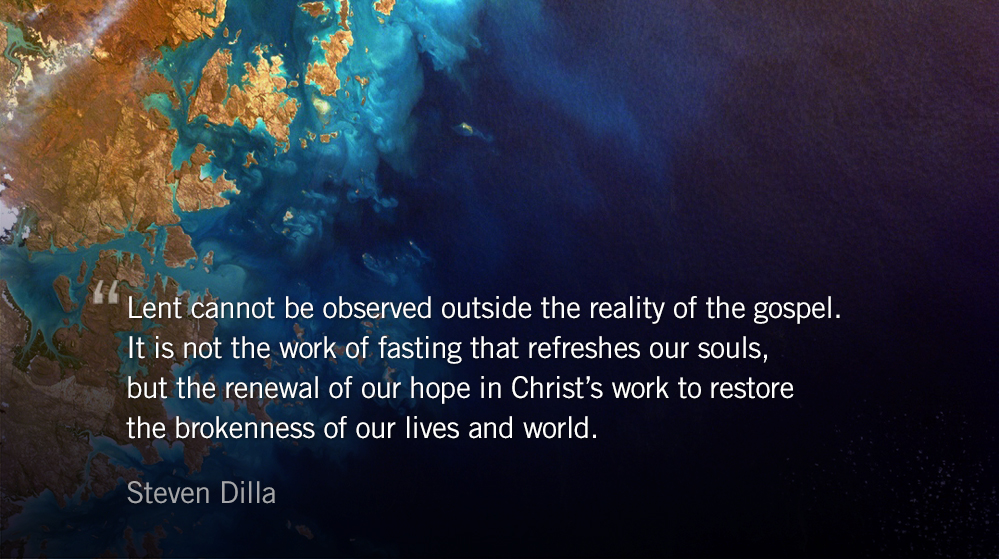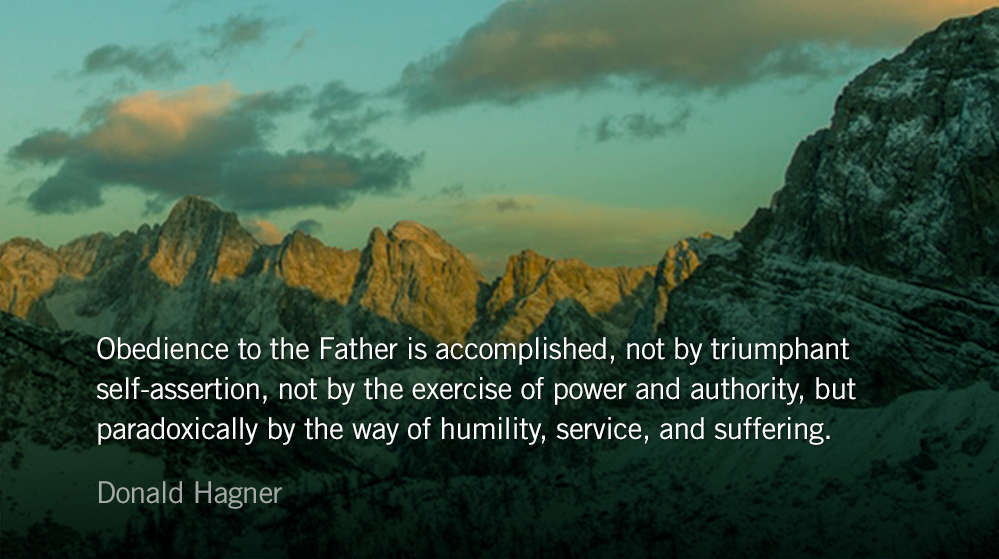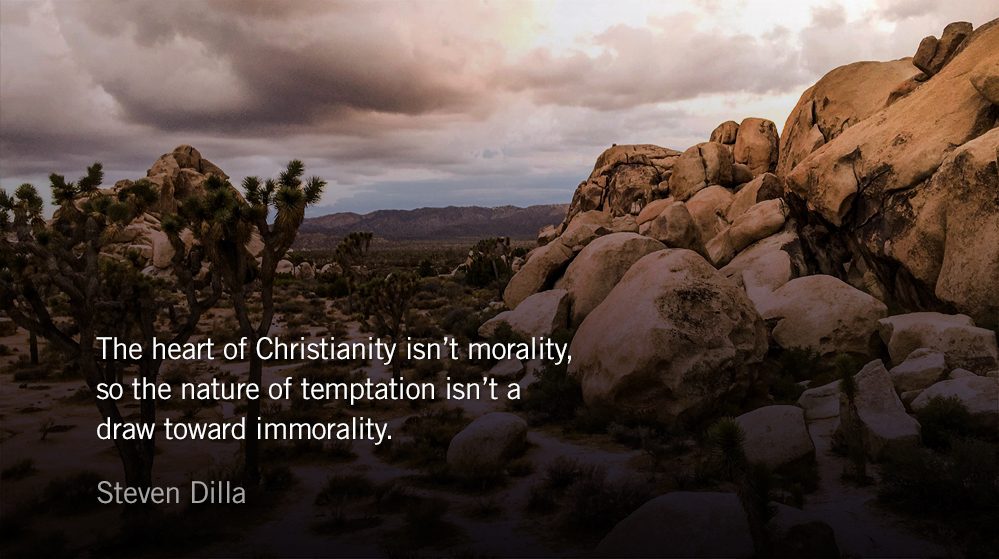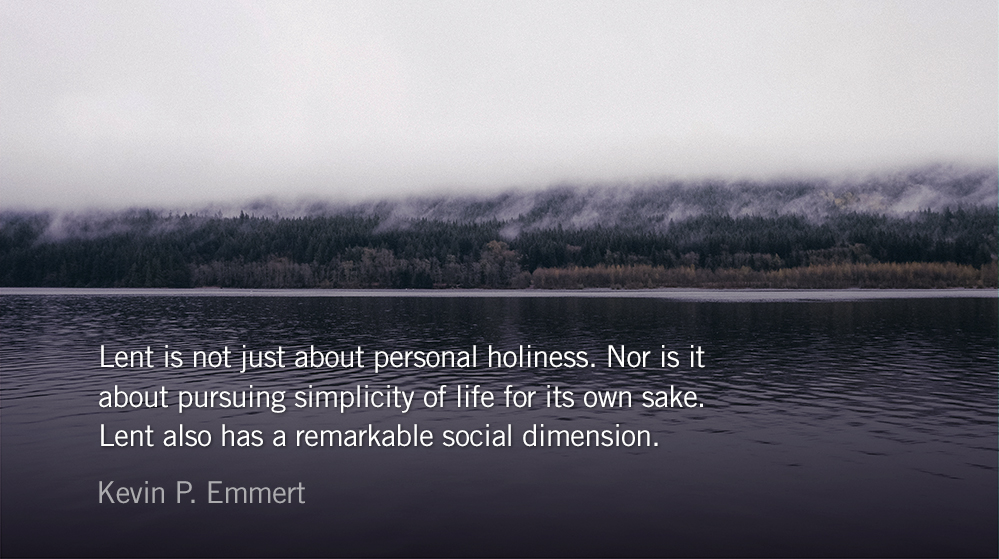The true God gives so we can become joyful givers and not just self-absorbed receivers.
―Miroslav Volf
Lenten Reflection: The Soft Difference
The Park Forum
The Lenten season’s focus on inward sin is meant to be catalytic—a renewal of self, through Christ, for the benefit of the world. Through holiness, the faithful are rooted, nourished, and able to bear fruit. Sin saps the branches—a gospel-centered understanding of sin promotes human flourishing. Forming a distinctly Christian understanding of sin is essential.
Religious identities rooted in their rejection of a particular social environment are inherently violent. Miroslav Volf notes that it is only when faith is “nourished more on its own intrinsic vision than on the deprecatory stories about others” that it is able to live in and not of the world. Volf, a theologian at Yale, continues:
It is Christian identity that creates difference from the social environment, not the other way around. When identity is forged primarily through the negative process of the rejection of the beliefs and practices of others, violence seems unavoidable, especially in situations of conflict.
We should keep in mind, however, that the call to follow the crucified Messiah was, in the long run, much more effective in changing the unjust political, economic, and familial structures than direct exhortations to revolutionize them would ever have been.
The New Testament’s call to meekness, something which Volf calls “soft difference”—becomes the key to winsome and transformative faith:
People who are secure in themselves—more accurately, who are secure in their God—are able to live the soft difference without fear. They have no need either to subordinate or damn others, but can allow others space to be themselves. For people who live the soft difference, mission fundamentally takes the form of witness and invitation. They seek to win others without pressure or manipulation, sometimes even “without a word.”
Soft difference is not simply a missionary method. Rather, the soft difference is the missionary side of following in the footsteps of the crucified Messiah. To be a Christian means to live one’s own identity in the face of others in such a way that one joins inseparably the belief in the truth of one’s own convictions with a respect for the convictions of others. To give up the softness of our difference would be to sacrifice our identity as followers of Jesus Christ.
Prayer: The Greeting
Show me your ways, O Lord, and teach me your paths. Lead me in your truth and teach me, for you are the God of my salvation; in you have I trusted all the day long. — Psalm 25.3–4
– From The Divine Hours: Prayers for Springtime by Phyllis Tickle.
Full prayer available online and in print.
Today’s Reading
Exodus 17 (Listen – 2:30)
Luke 20 (Listen – 5:07)






